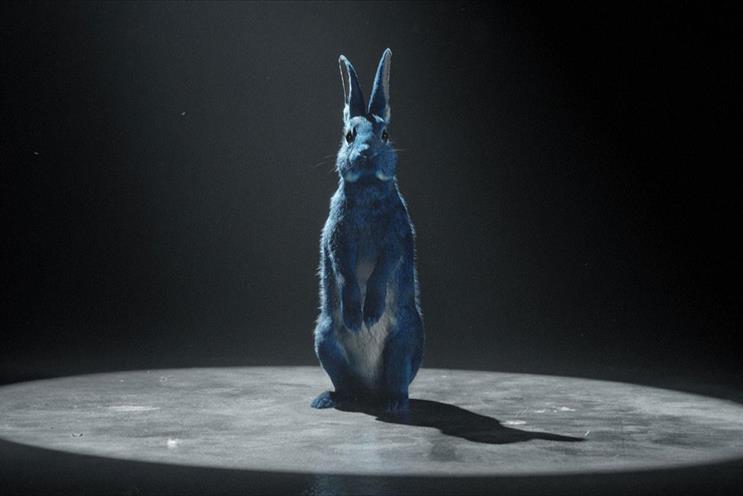
"The sector as a whole is not as loved as it needs to be," Evans said. "It’s pivotal to your lives, but if you look at the trust and confidence that consumers have, it’s not great. So we’re keen to call on the industry to change that.
"We do provide something that’s very high up on your wishlist. We’ve made a move in transparency on the products. We’ve got a role now to call on the industry to offer the same kind of mechanisms, so the sector as a whole is more trusted."
He acknowledged that moves by other networks to replicate the selling points of Refresh would have some impact on O2’s proposition – but said the greater priority for them was now overall trust levels in the industry.
Evans was speaking at a dinner ahead of the release of the brand’s results for the first half of 2017, alongside chief marketing officer Nina Bibby.
The figures indicated a positive performance from the network, with revenue up 2.3% to £2.76bn, the addition of 178,000 new contract customers, and a churn rate of 0.9% – the lowest in the industry.
Bibby said the performance of O2 was a reflection of its brand, proposition and service levels.
She said: "We have an exceptionally strong brand – among mobile networks, but even beyond our sector.
"Compared to competitors, we have the highest trust scores. I think that’s because of how we talk to our customers and how we engage them, but it’s also because of our propositions," especially Refresh, which she said was saving customers an average of £216 a year (£18 a month).
If EE, Vodafone and Three were all to offer a similar product to Refresh, she added, it could lead to savings for mobile customers of as much as £600m a month.
She also cited O2 Priority as an effective driver of loyalty, saying that customers who used it were 28% more likely to recommend the brand.
Spectrum auction and IPO
Evans also used the dinner to discuss two huge issues facing O2: the coming auction for 5G mobile spectrum, and the mooted IPO of O2 by its owner, Telefónica.
He was dismissive of , which will limit the amount of spectrum held by any one operator to 37%, saying they did not go far enough.
Last December, Three – the smallest of the four network operators – launched a campaign calling on Ofcom CEO Sharon White to set the cap at 30%.
The announced rules will reduce the amount held by EE, which currently has 42%, but could still leave the BT-owned network with far more spectrum than O2, which has 15%, and Three, which has 12%.
"We’re disappointed that the regulator hasn't gone as far as they should," he said. "They’ve fallen short of our expectations, and of criteria that's really required to create a four-player sustainable market that’s in the interests of consumers."
Three had indicated that it could consider legal action against Ofcom, which may delay the spectrum auction. Evans said this in turn could delay the IPO, which has been on the cards since the European Commission blocked Three’s attempt to acquire O2 last May.
The IPO was "incumbent on understanding the clarity on whether this auction will take place," Evans said. "Prospective shareholders will want a reasonable degree of clarity on how this will play out." But he added that Telefónica was continuing to invest in the network, with capital expenditure in the first half up 15.4% year-on-year.




.jpg)
.jpeg)
